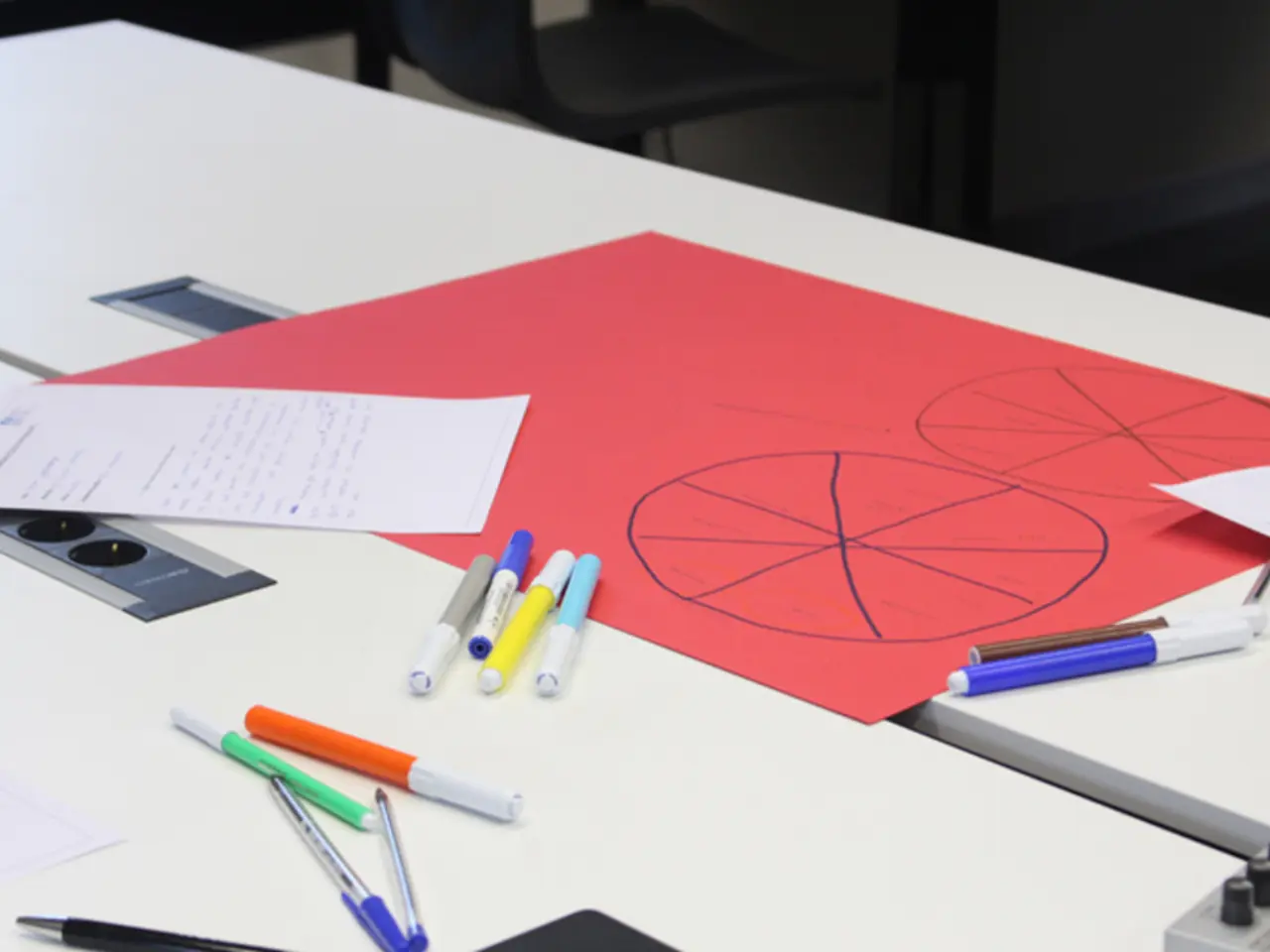State Government Aims to Intensify Fundamental Learning Skills by 2030 via School Compass NRW
The state of North Rhine-Westphalia is implementing a comprehensive education program called "School Compass NRW 2030." Modeled after successful examples from Canada and Baden-Württemberg, the program aims to strengthen the quality and equity of education by addressing key deficits in students' basic skills, particularly in reading, writing, and mathematics.
Minister of Education Dorothee Feller aims to ensure that all children in NRW master the central skills in German and mathematics better. To achieve this, the program plans to implement early and focused interventions for students who struggle with fundamental competencies, support schools in developing individualized learning approaches, and promote teacher collaboration and professional development.
School Compass NRW 2030 also seeks to foster innovative, inclusive teaching methods and curricular adjustments that emphasize competency-based learning and practical application of skills. Mandatory daily reading times are part of the program, and extended learning progress checks are planned for grades 2, 5, and 7 (previously only in grades 3 and 8).
A digital feedback system will be introduced for individual student support, allowing students to give regular anonymous feedback on their well-being and family support. However, concerns have been raised by teacher associations about data-driven measures not being effective without sufficient personnel and financial resources.
The Ministry of Education plans a gradual implementation of the School Compass NRW 2030 to avoid overburdening teachers. Yet, the issue of reducing pressure on schools or addressing resource constraints has not been explicitly addressed in the program. The program does not seem to prioritize addressing concerns raised by teacher associations in its current form, nor does it include provisions for addressing potential teacher burnout or stress caused by increased testing and data-driven measures.
Criticism from teacher associations against the School Compass NRW 2030 program, citing potential increased pressure on schools due to more tests, has been reported. As of now, the teacher associations have not voiced support for the program as it currently stands. The goal of the program is to improve basic skills in German and mathematics for all students in North Rhine-Westphalia, and to monitor learning progress more closely and react early to deficits. The number of children who fail to meet the minimum standards in education is a target for reduction.
This aligns with broader educational reform trends emphasizing competency and tailored support to meet diverse learner needs, as seen in other recent initiatives. However, the School Compass NRW 2030 program does not appear to address the issue of teacher shortages or funding constraints in North Rhine-Westphalia. As the program unfolds, it remains to be seen how these concerns will be addressed and how the program will ultimately impact the educational outcomes for students in North Rhine-Westphalia.
- The policy-and-legislation aspect of the School Compass NRW 2030 program includes mandating daily reading times and extending learning progress checks for certain grades.
- The education-and-self-development focus of the School Compass NRW 2030 program aims to improve basic skills in German and mathematics for all students in North Rhine-Westphalia.
- The politics surrounding the School Compass NRW 2030 program have been marked by criticism from teacher associations over concerns about increased pressure on schools, lack of funding, and teacher shortages.








